Welcome to our guide on enhancing your garden soil for the spring season! As the days lengthen and temperatures rise, it’s time to give your garden beds a boost to support healthy plant growth. Soil preparation is key to giving your plants the nutrients they need to thrive throughout the growing season. In this post, we’ll explore the various amendments you can add to your garden soil in spring to promote fertility, improve drainage, and create an optimal environment for your plants to flourish. Whether you’re a seasoned gardener or just starting, these simple tips will help you get your garden off to a great start this spring! Here is a complete guide on how to prepare your garden this spring.
In spring, there are several beneficial amendments you can add to your garden soil to promote healthy plant growth:
- Compost
- Well-Decomposed Manure
- Mulch
- Organic Fertilizers
- Lime or Sulphur
- Cover Crops
1. Compost
Adding compost to your garden soil is one of the most beneficial practices for nurturing healthy plants. Compost is a rich source of essential nutrients, such as nitrogen, phosphorus, and potassium, which are vital for plant growth and development. By incorporating compost into your soil, you not only provide these nutrients to your plants but also improve the overall structure of the soil. Also, read about how to prepare your garden for artificial turf (fake grass).

This leads to better aeration and drainage, creating an environment where plant roots can thrive. Additionally, compost helps to retain moisture in the soil, reducing the need for frequent watering. Moreover, organic matter in compost encourages the growth of beneficial microorganisms, which play a key role in breaking down organic material and releasing nutrients for plant uptake. In essence, adding compost to your garden soil is a simple yet powerful way to support a flourishing garden ecosystem. Also, read the complete guide on how to prepare your home for the spring season.
2. Well-Decomposed Manure
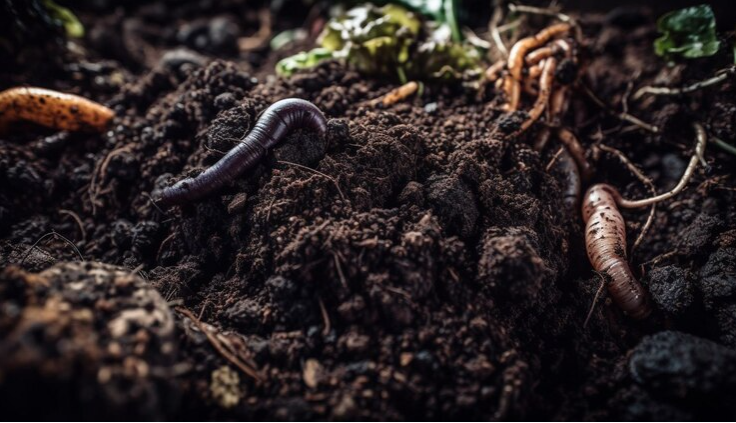
Incorporating well-decomposed manure into the soil offers a valuable slow-release reservoir of nutrients, contributing to enhanced soil fertility. However, it’s crucial to ensure the manure has undergone proper aging to prevent the risk of burning plants due to excessive nitrogen levels. Properly aged manure not only enriches the soil with essential nutrients but also aids in improving soil structure and fostering a healthier growing environment for plants.
Related: A Guide to TUI Lawn Preparation Mix
3. Mulch
Applying a layer of organic mulch, whether it’s straw, shredded leaves, or wood chips, offers a multitude of benefits for your garden. Not only does it effectively suppress weeds by blocking their access to sunlight, but it also serves to conserve moisture by reducing evaporation from the soil surface.
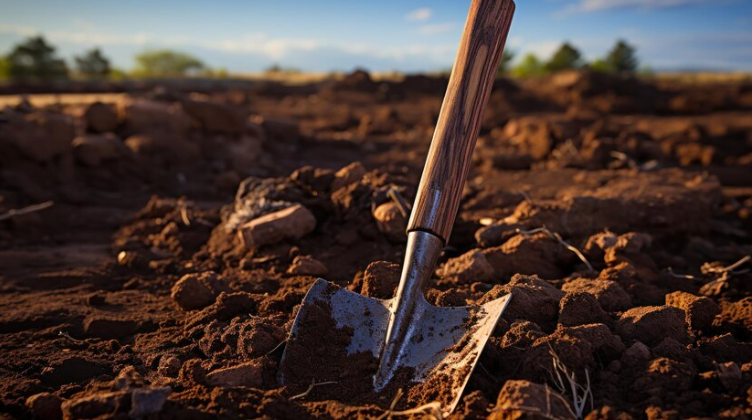
Additionally, organic mulch helps regulate soil temperature, keeping it cooler in the summer and warmer in the winter, which is particularly beneficial for plant roots. As the mulch gradually decomposes, it enriches the soil with valuable organic matter, further enhancing its fertility and overall health. Incorporating organic mulch into your gardening routine is a simple yet effective way to promote a thriving and sustainable garden ecosystem.
4. Organic Fertilizers
Organic fertilizers, such as fish emulsion, bone meal, and seaweed extract, offer a natural and sustainable way to nourish your plants and improve soil fertility. Unlike synthetic fertilizers, which can lead to chemical buildup and harm the soil ecosystem over time, organic fertilizers work in harmony with nature. They provide essential nutrients to plants while also feeding the soil, promoting beneficial microbial activity, and enhancing overall soil health.
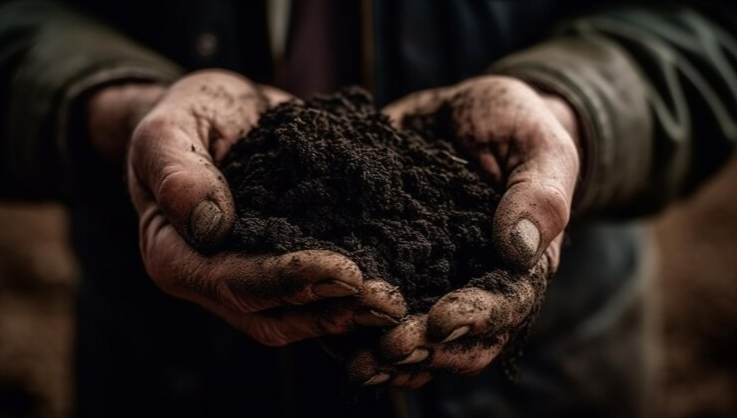
Fish emulsion, derived from fish waste, is rich in nitrogen, phosphorus, and potassium, which are vital for plant growth. Bone meal, made from ground animal bones, is an excellent source of phosphorus and calcium, essential for strong root development and overall plant health. Seaweed extract is packed with micronutrients, vitamins, and minerals that stimulate plant growth and improve stress resistance. By utilizing organic fertilizers in your garden, you not only support healthy plant growth but also contribute to a more sustainable and eco-friendly approach to gardening.
5. Lime or Sulphur
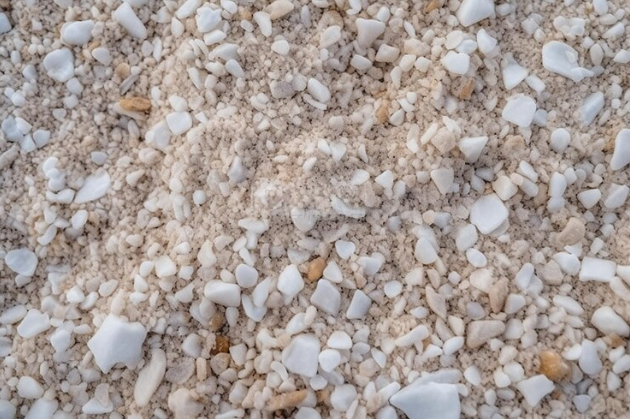
Testing your soil’s pH level is an essential step in ensuring optimal plant growth and nutrient uptake. The pH level indicates the acidity or alkalinity of the soil, with different plants preferring different pH ranges for optimal growth. To amend the soil pH, you can use lime to raise pH or sulfur to lower pH, depending on the initial pH reading and the requirements of your plants.
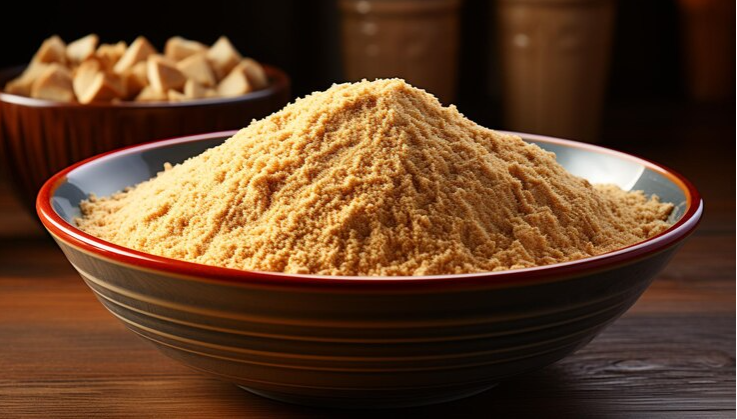
Adding lime to acidic soil helps to raise the pH level, making it more alkaline and thus more suitable for plants that thrive in neutral to slightly alkaline conditions. On the other hand, applying sulfur to alkaline soil lowers the pH level, creating a more acidic environment ideal for acid-loving plants. Maintaining the correct pH level in your soil ensures that plants can efficiently take up essential nutrients, as nutrient availability is closely tied to soil pH
6. Cover Crops

Sow cover crops like clover or vetch to protect bare soil, suppress weeds, and improve soil structure. These crops also add organic matter when tilled into the soil, enriching it for future plantings. By sowing cover crops in your garden during the off-season or in between main crops, you not only protect and nourish the soil but also set the stage for more productive and sustainable plantings in the future. Cover cropping is a natural and effective way to build soil health, increase resilience to environmental stressors, and promote long-term fertility in your garden ecosystem.
By incorporating these amendments into your garden soil in spring, you can create a fertile and thriving environment for your plants to flourish throughout the growing season.
ALSO READ: Spring into Style: Fresh Decor Ideas to Transform Your Home
